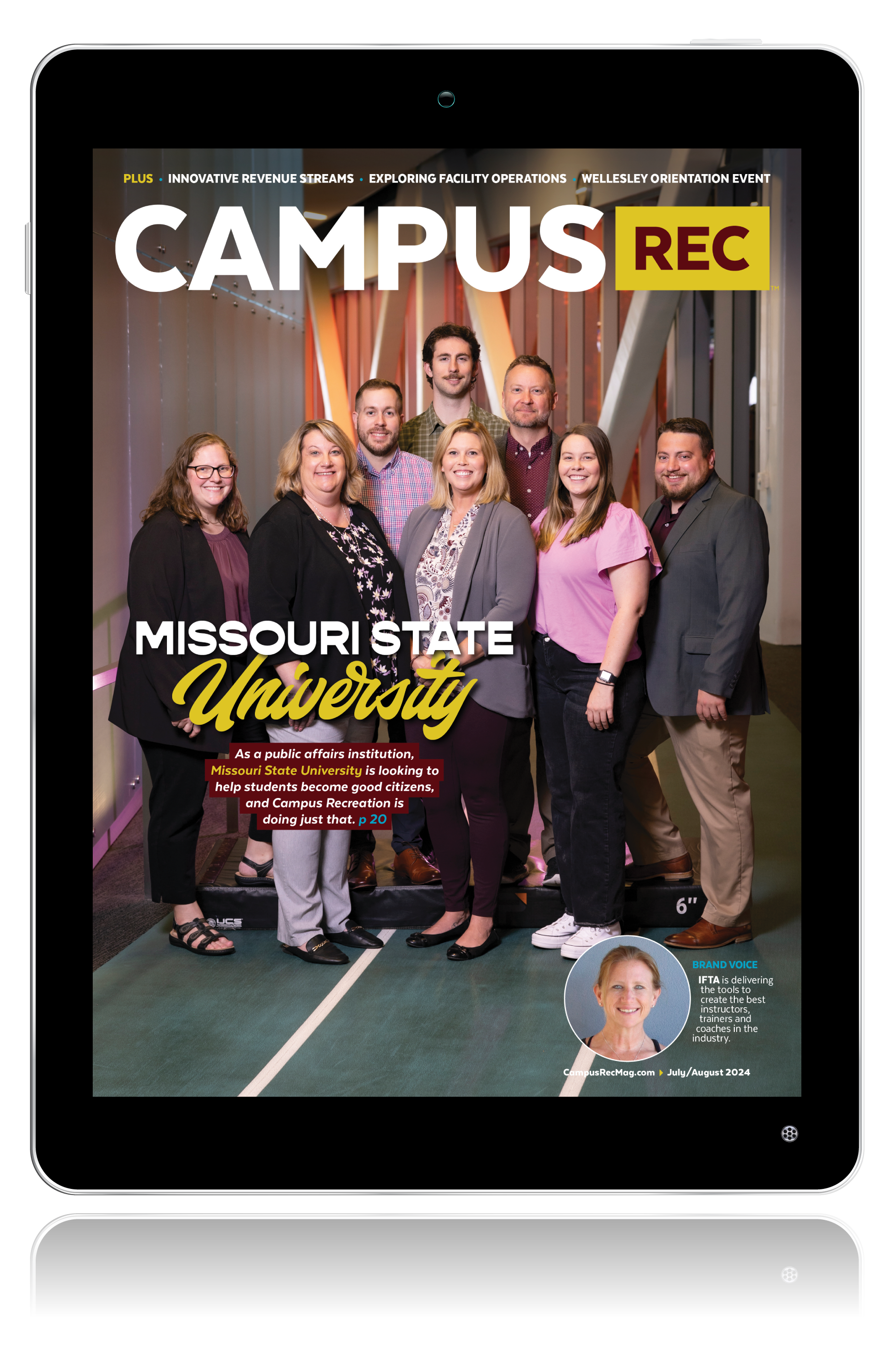It may surprise you to learn that January is national mentor’s month.
The word “mentor,” defined by Merriam-Webster as a wise and trusted counselor or senior supporter, is derived from a character found in Homer’s Odyssey named Mentor who was an advisor and teacher to Odysseus’ son Telemachus. Mentors have always been part of the fabric of the growth of our society. Those who have come before boost those that follow. As Sir Isaac Newton once said, “If I have seen further it is by standing on the shoulders of giants.” I would wager that many of you reading this have at some point been affected by mentors or are viewed as one by someone else as a mentor. Odds are you have advanced to where you are in life and in your career due to the influence of mentors.
A mentoring relationship is a win-win for all parties. The outcomes of mentor/mentee relationships are many. A longitudinal Harvard study showed people who had engaged in mentor/mentee relationships were happier, had greater job satisfaction, were less likely to be depressed, had higher job compensation and on average lived longer.
According to a survey done by Forbes magazine, 76% of respondents said mentorship was important, however only 37% of respondents currently had a mentor. Why is this? Access and awareness are problems, and so is fear. Some may be too afraid to ask someone to mentor them, or from the other side, some may think they have nothing to contribute to others.
EXTRA CREDIT: Serving as the facility supervisor at the Charles J. Ping Recreation Center taught one student lifelong skills.
I recently presented at a NIRSA Regional conference, and I asked for a show of hands of those who were aware of the NIRSA mentor program. Only about a quarter of the participants in the room — 15 out of 60 — including students and professionals raised their hands. Many of you likely have mentor programs on your campus or within your department, but do you engage in them?
I currently have about a handful of people that I consider to be mentors who help me grow in different aspects of my life, including campus recreation directors, faculty members, business professionals, former coaches and pastors.
I also actively mentor several others ranging from students and young professionals to seasoned professionals that are older than I am. These relationships started in different ways. There is no right way to become a mentor or to obtain one. A few were more formal connections through defined mentor-programs on my campus and through NIRSA, as I have mentioned previously. Others have resulted from working either in the same department, work team, or committee with people thinking I could help them and simply asking.
One specific relationship beginning is an example of courage and resiliency. This individual had interviewed for a position with my department, and I happened to be the chair of the position search. He interviewed well, but ultimately we decided to select someone else. When I informed him we were not advancing him in the search, he floored me by not only asking for critical feedback, but by citing these articles I write for Campus Rec Magazine and asking if I would be willing to mentor him. After I picked my jaw off of the floor, I agreed. In the months since, we have had some great conversations which have benefitted us both.
Next Steps for Mentors and Mentees
For those looking to eventually be a mentor, my advice would be to get involved either in your department, on your campus, or within NIRSA and make connections. Your experience will make you an ideal mentor for someone looking to follow a similar path.
For those looking to be mentored, take advantage of networking opportunities such as local, regional and national conferences, and volunteer to serve. This will put you into the orbit of individuals who are ideal candidates and who are where you want to be. Your willingness to engage will make you stand out to those you will soon seek to guide you. Build a broad developmental network because the number and quality of your contacts influences your career success. Base your mentoring goals on what you want to learn, and then prioritize them. Identify people who have skills or experience in areas where you want to improve.
Finally, figure out how you can provide value to your mentors. Mentoring has a give-and-take nature in that others are more likely to help you if they see some value in assisting you to pursue your career goals. It allows mentors the opportunity to practice coaching and giving feedback as well as reflecting on areas for their own improvement. Being a mentor on some level incentivizes you to invest more in your own development to be able to contribute more to those you mentor.
The Best Mentorships
Too often mentorship evolves into a “check-the-box” procedure instead of an authentic relationship. Many mentoring programs fail because of this. It is up to the individuals involved to go beyond the basic and strive for connection.
The best mentorship happens when both parties genuinely care about the other. From there, it evolves into a personal transformative relationship beyond something transactional. The more you invest in the relationship, the more productive it will be. As with all things, you get out what you put in. If you are still looking for a resolution for 2020, resolve to invest in mentorship and help carry the profession forward.










